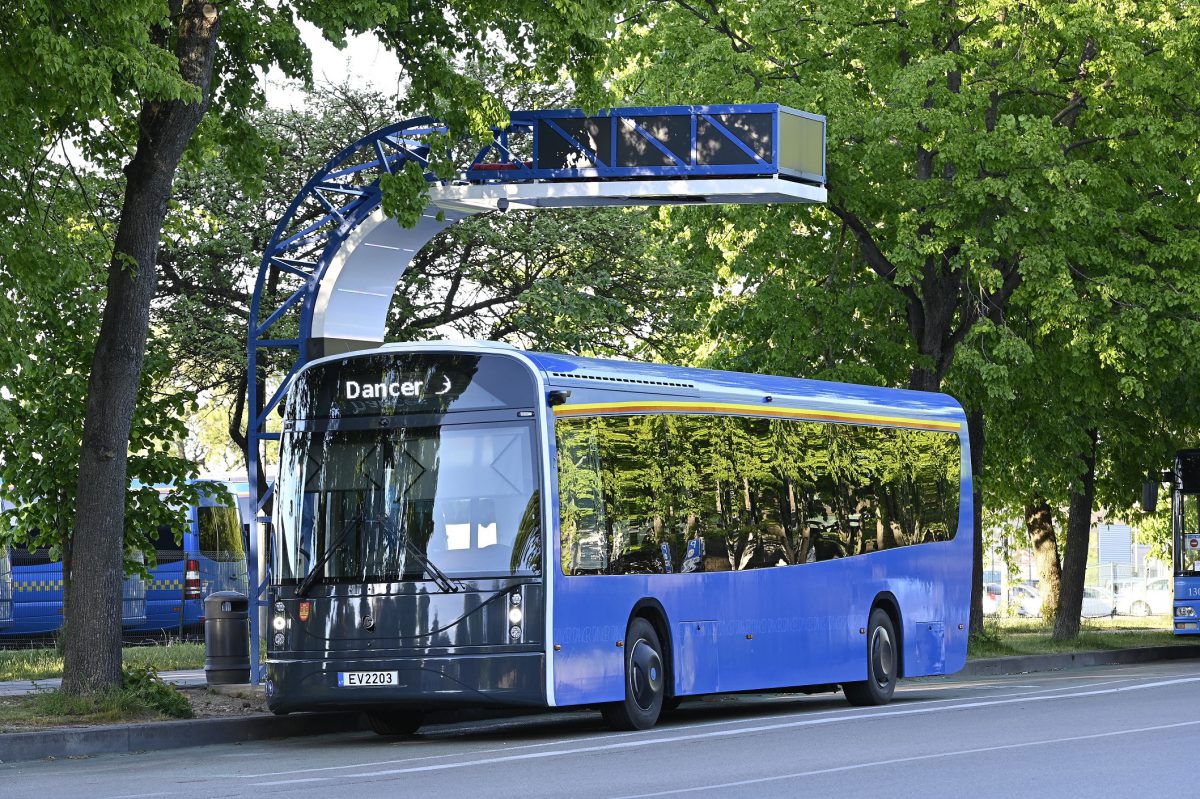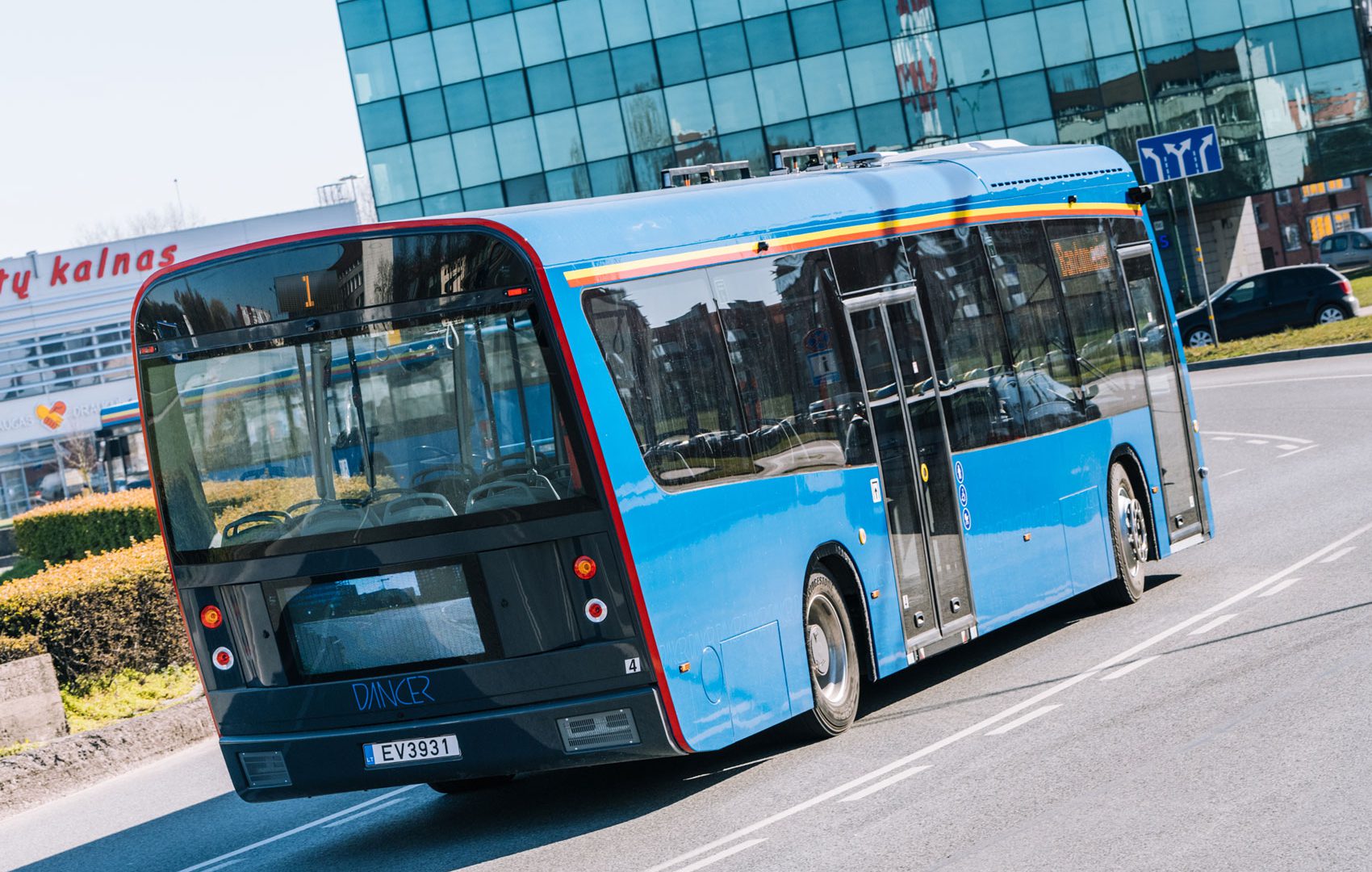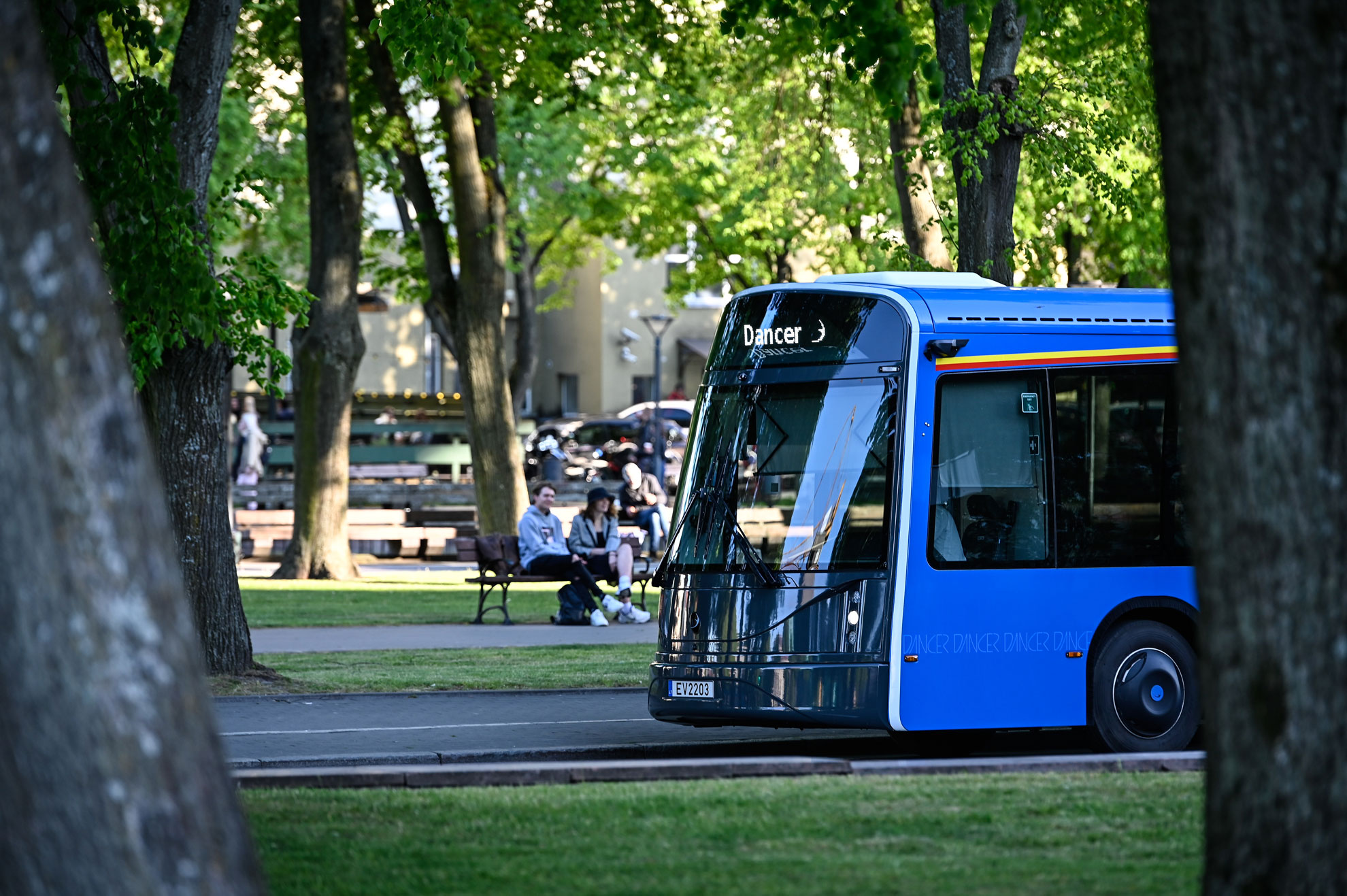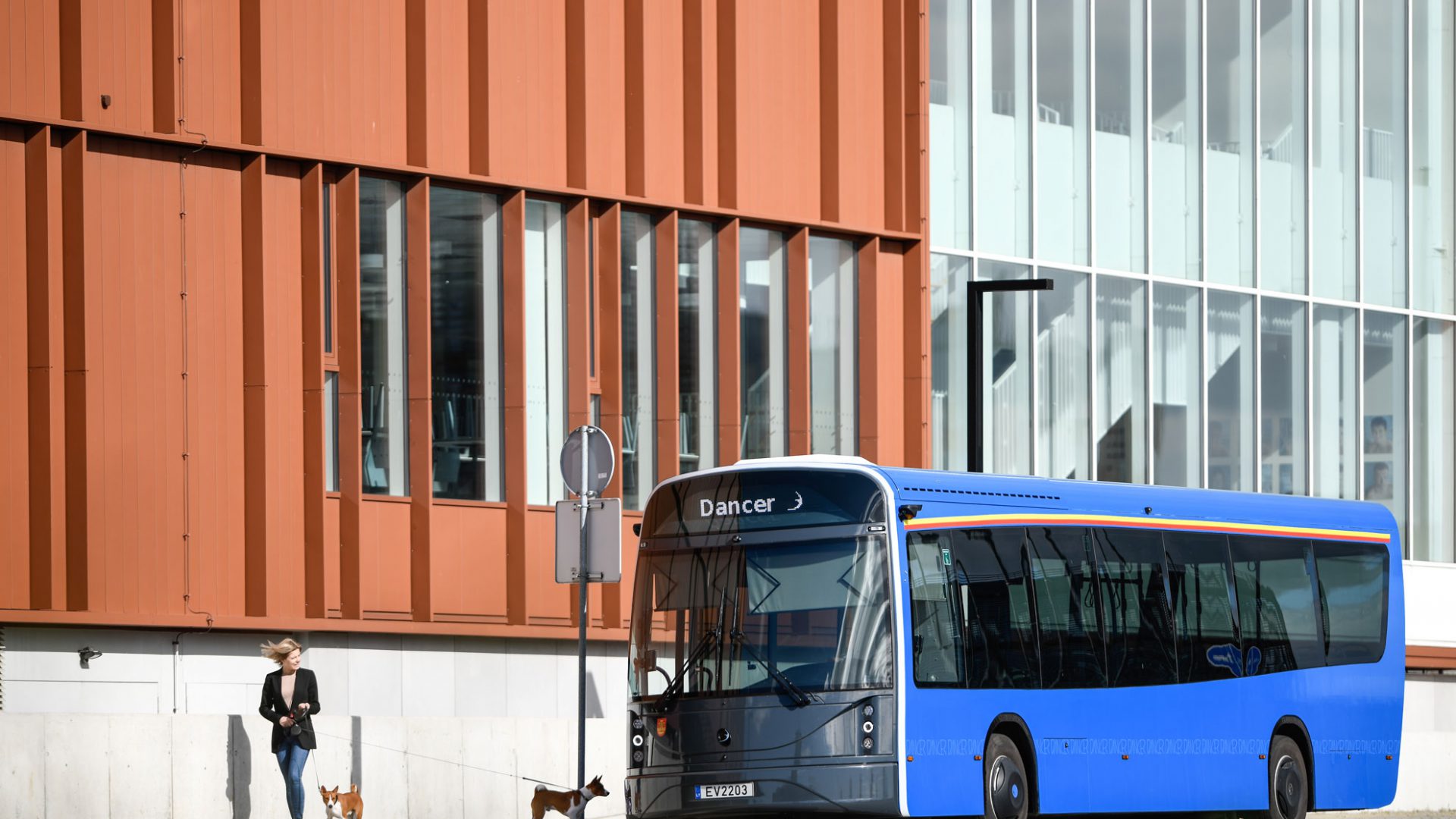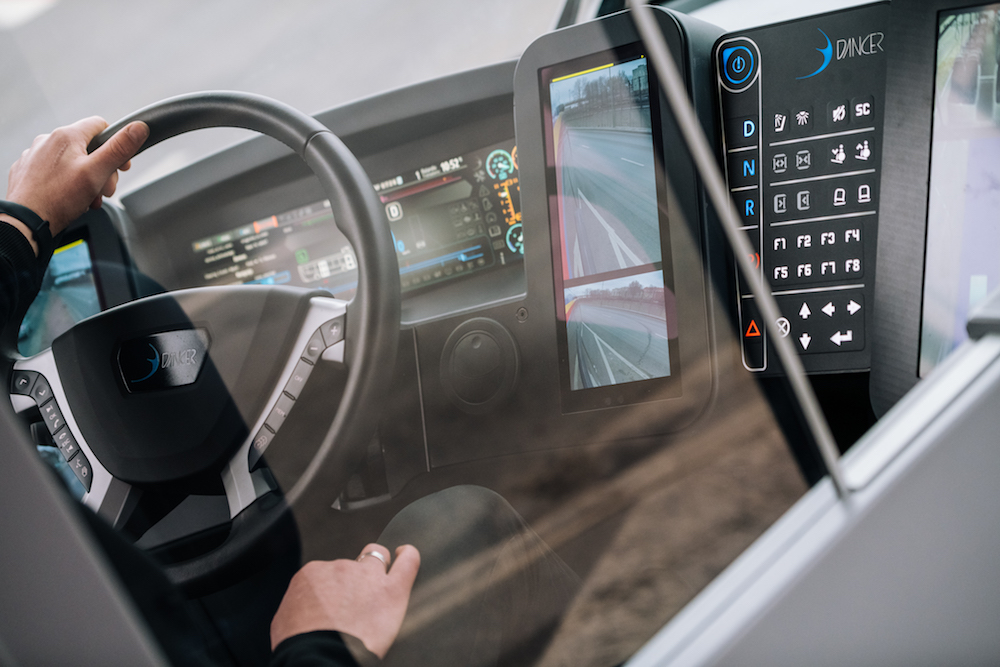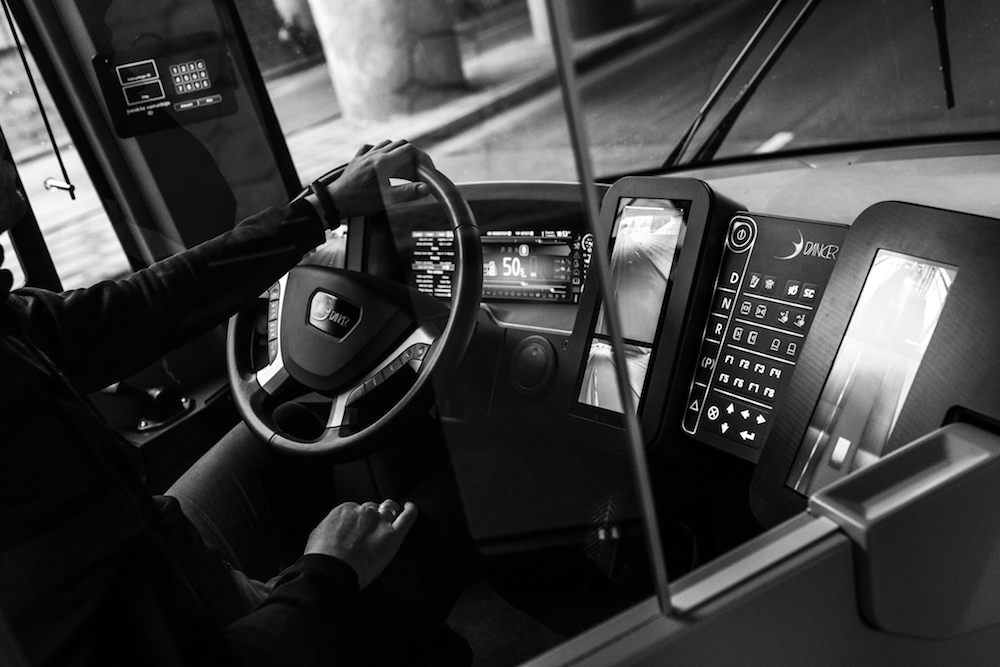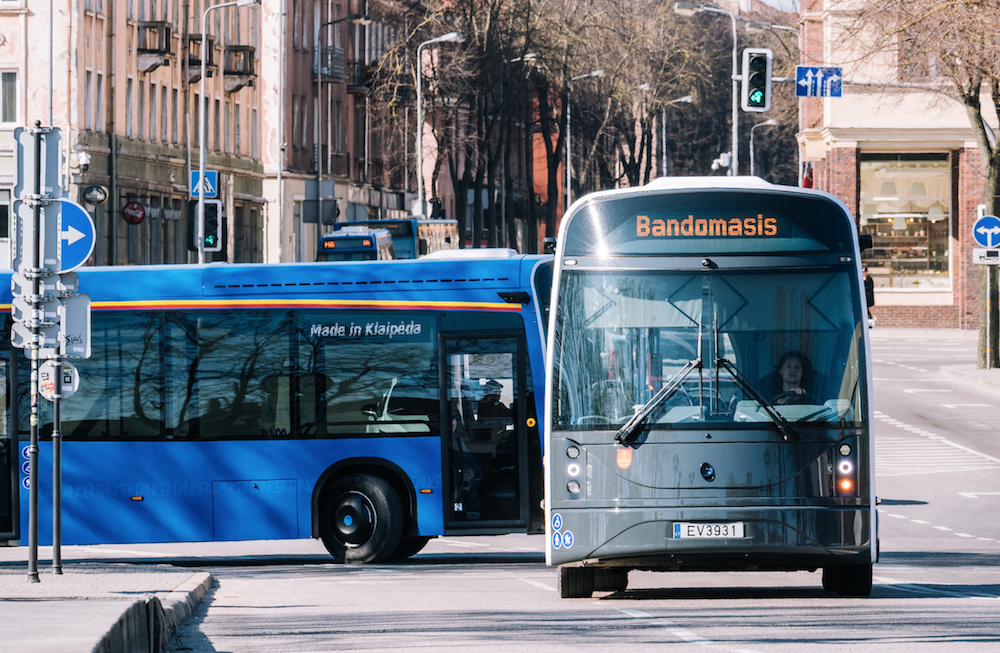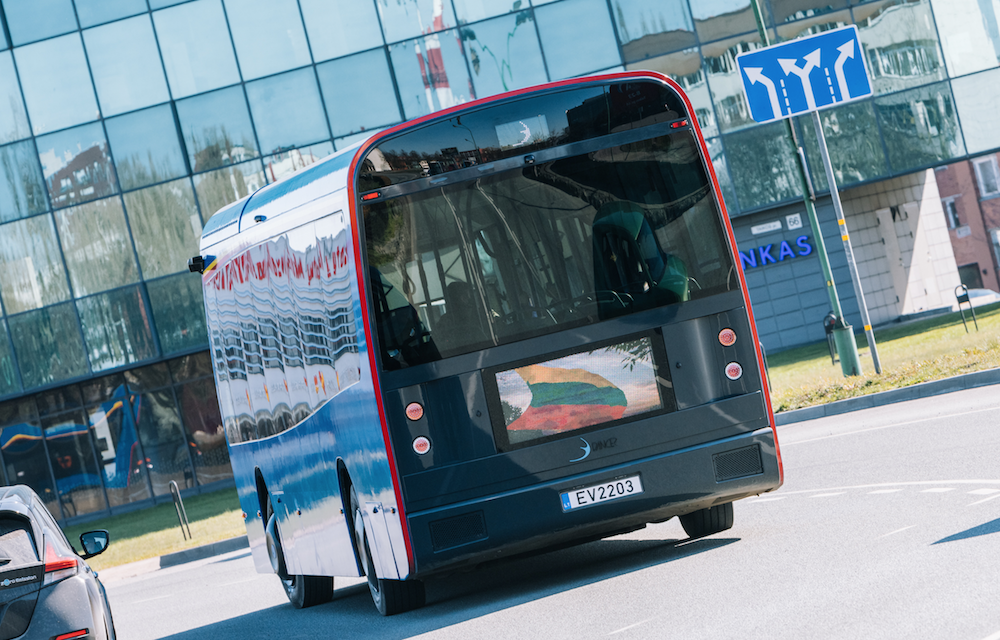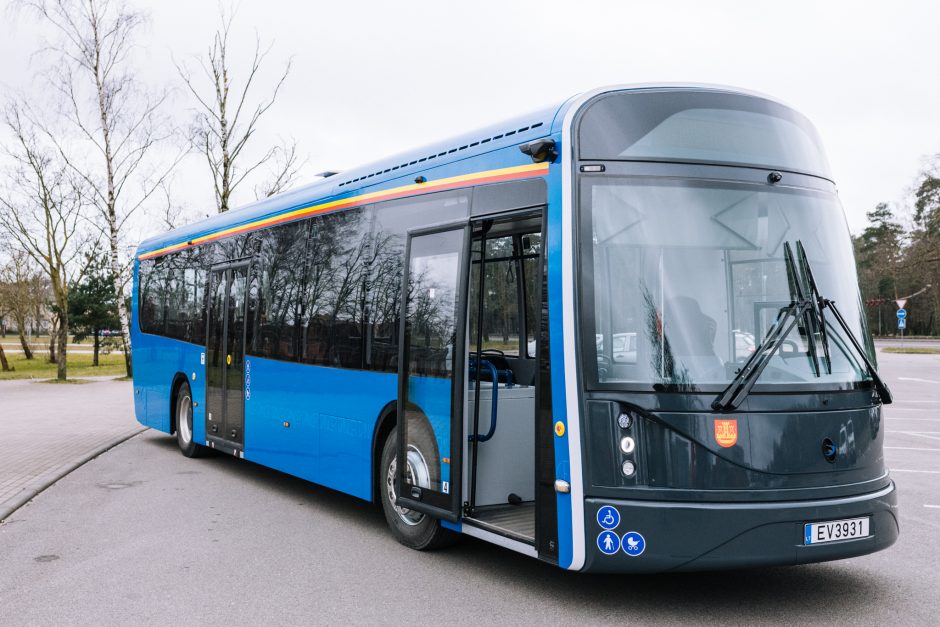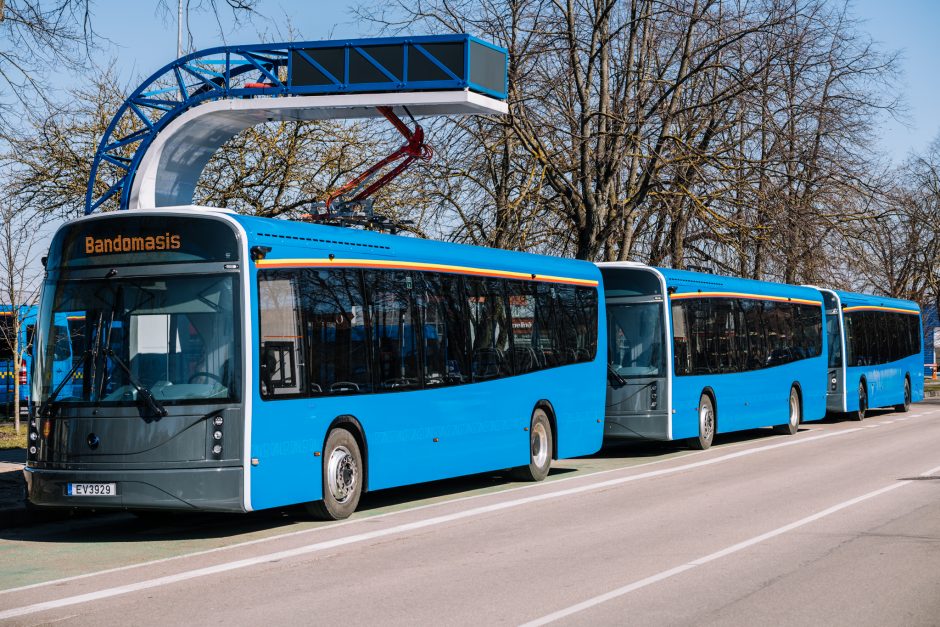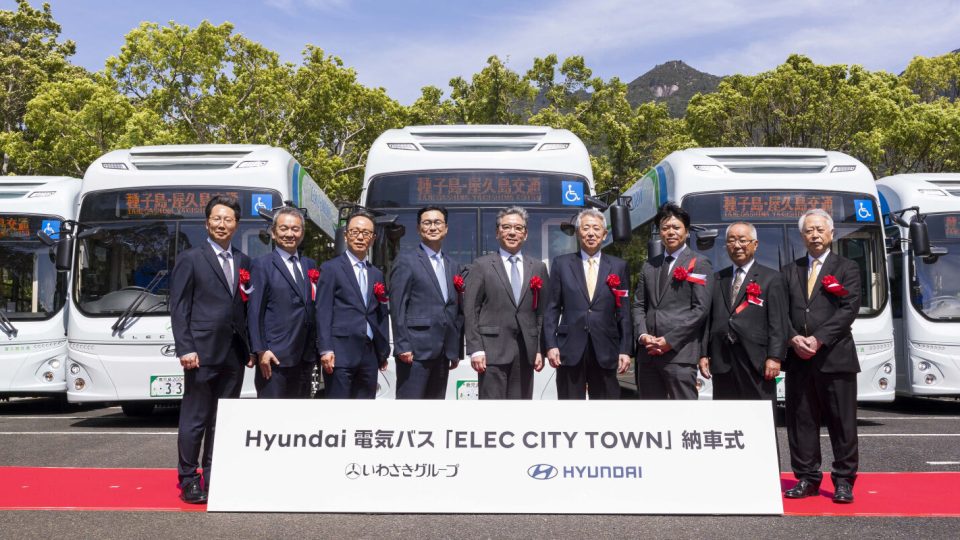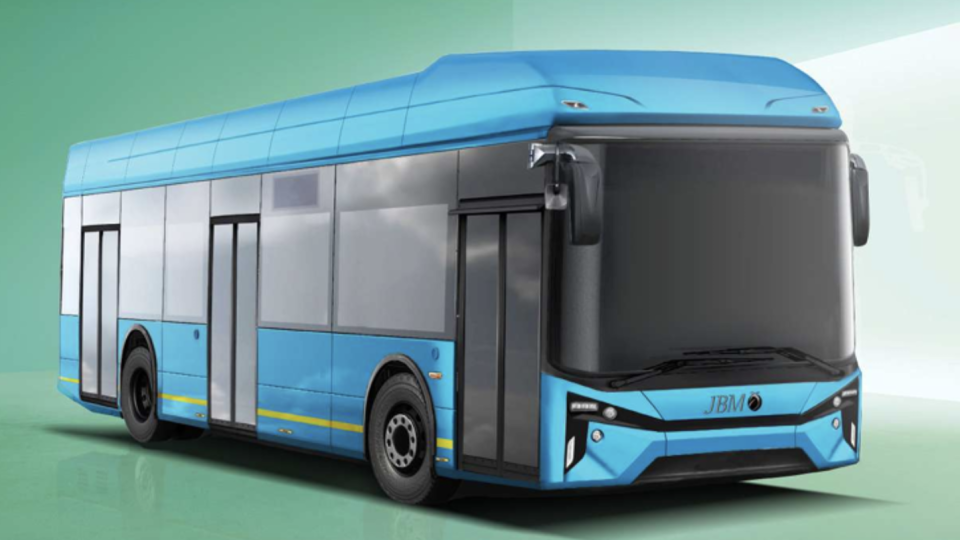120,000 km travelled so far by Dancer e-buses (Vėjo projektai)
One year after the launch, the consortium Vėjo projektai, producer of Lithuanian-made Dancer electric bus highlights that the two first buses have been running for over 120,000 km. The vehicle is in operation under the livery of the operator Klaipėdos autobusų parkas, in the city of Klaipeda in Lithuania (a small country in North-East Europe). […]
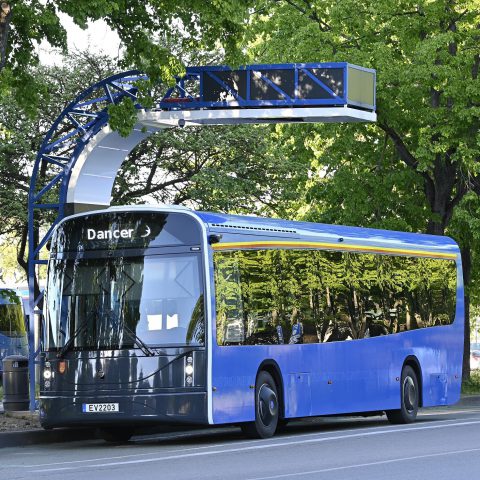
One year after the launch, the consortium Vėjo projektai, producer of Lithuanian-made Dancer electric bus highlights that the two first buses have been running for over 120,000 km. The vehicle is in operation under the livery of the operator Klaipėdos autobusų parkas, in the city of Klaipeda in Lithuania (a small country in North-East Europe).
The first generation of Dancer bus received EU-wide certificate for passenger transportation in 2019, the producer points out. The launch of Dancer follows a test of composite materials applied to an old Skoda trolleybus, that has been converted to fully electric battery-based operation in Dancer’s labs. After this, the concept electric bus was created through the use of composite materials, also derived from recycled PET bottle plastic. The vehicle, 12 meters long, is equipped with in-wheel motors (the ZF AxTrax delivering a total of 250 kW).
One year in operation for Dancer electric bus
The total mileage of Dancer electric city buses developed and manufactured by the company Vėjo projektai, during the last 12 months amounted to more than 120 thousand kilometers, the manufacturer says. The average length of one route currently served is more than 22 kilometers, and each bus makes between 7 and 13 trips per day, depending on the day of the week and schedule.
The average energy consumption of a Dancer bus is 0.72 kWh per kilometer driven.
Vaidas Ramanauskas, General Director of JSC Klaipėdos autobusų parkas
Weather has been varying between +32 degrees in June and the cold of -20 degrees in January. Under these conditions, «the buses served regular public transport routes for 290 kilometers per day without any interruptions». Based on data from the last 12 months, the availability of both buses is 95.78%.
Electric buses in Klaipėda, Lithuania
According to Alvydas Naujėkas, General Director of JSC Vėjo projektai, “One of the most powerful 500 kW pantographs on the market ensures extremely fast battery charging, and the Dancer bus, which is recharged periodically during drivers’ breaks at the final station, can continuously serve regular routes in Klaipeda. We are proud, that the first buses manufactured by us work in Klaipeda and by serving routes meet the expectations of public transport operator “Klaipėdos autobusų parkas“, which has the highest standards of schedule compliance in Europe. According to last year’s data, we can see that one bus can route more than 300 kilometers a day on the streets of the Lithuanian port city, and if it is necessary to service night routes during the summer season, “Dancer” buses can be operated even around the clock”.
Vaidas Ramanauskas, General Director of JSC Klaipėdos autobusų parkas, says: “First of all, compared to fossil fuel vehicles, the use of these buses is much more economically efficient. The average energy consumption of a Dancer bus is 0.72 kWh per kilometer driven. If fossil fuel buses were used for the same mileage what Dancer buses did during the past year, e.g. 120 thousand kilometers, they would consume almost 50 thousand liters of diesel fuel. Therefore, we calculate that it is not only a saving of financial costs, but also 136 tons of CO2 saved and not emitted into the air of the port city, which allows to improve the air quality in the city,” says V. Ramanauskas.
Lithuanian electric buses and European Green Deal
“Having in mind the European Union’s ambitious strategic goal of the Green Deal to reduce air pollution from transport, electric or other high-tech buses are likely to replace all conventional fossil fuel-powered public transport vehicles over the next couple of decades. Therefore, we are pleased with the determination of Klaipeda city to implement innovations in the field of public transport and, by replacing diesel buses with non-polluting power plants, to ensure not only convenient transportation in the city, but also healthier living conditions, ”says Alvydas Naujėkas, CEO of “Vėjo projektai” group of companies.

